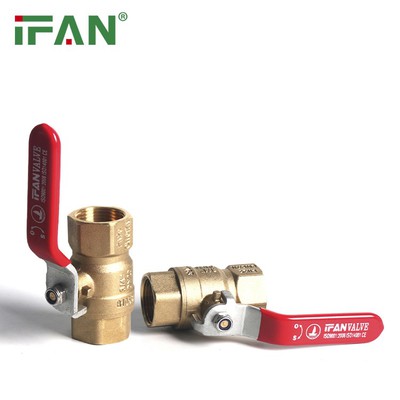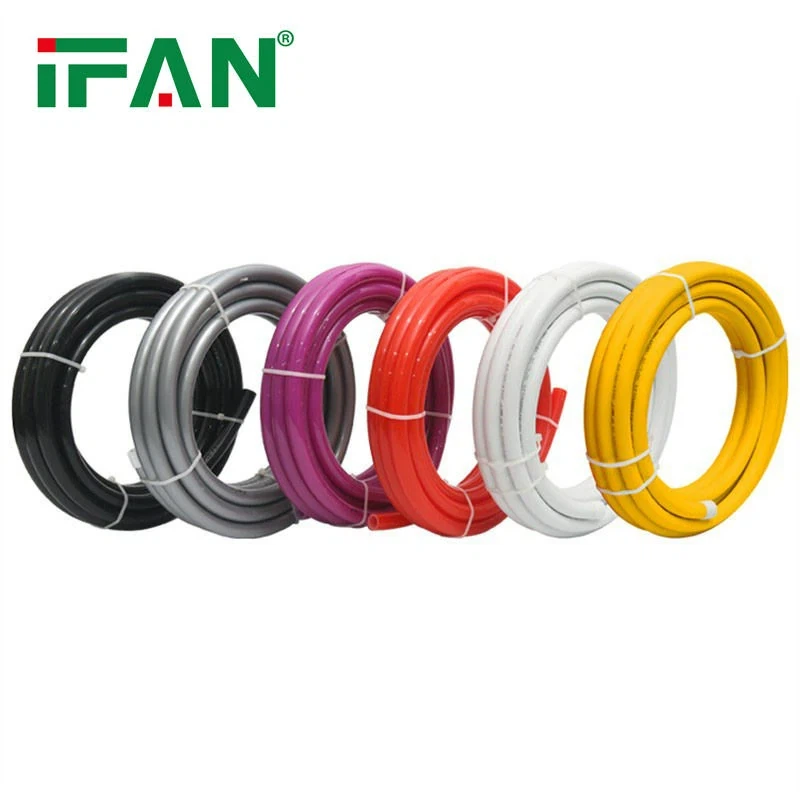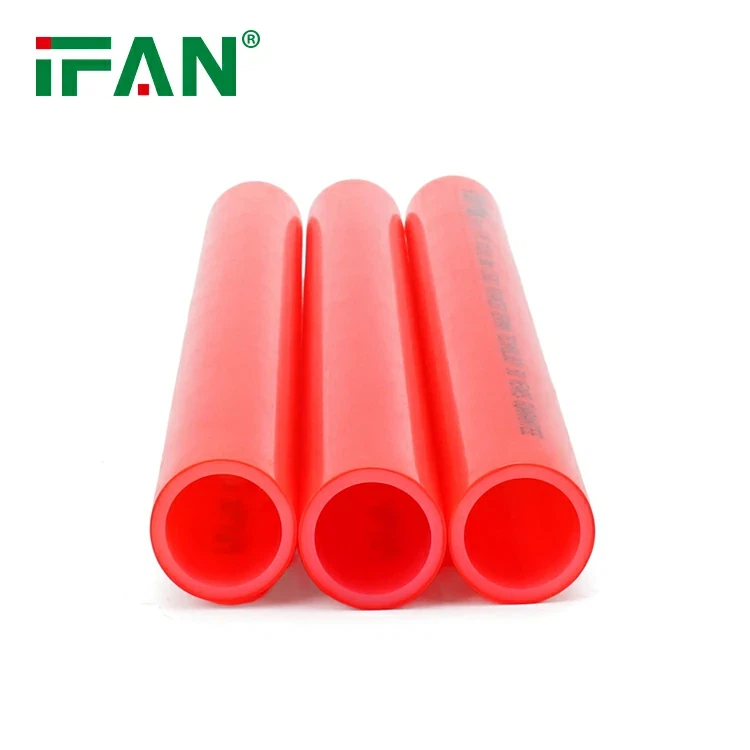When choosing materials for water systems, both brass and copper are popular options. Each material has its own set of advantages and applications, making the choice dependent on specific needs and conditions.
Composition and Properties
Copper: Copper is a pure metal known for its excellent thermal conductivity, corrosion resistance, and antibacterial properties. These qualities make copper ideal for water pipes and plumbing systems, ensuring clean and safe drinking water.
Brass: Brass is an alloy made primarily of copper and zinc, sometimes with small amounts of other metals like lead. Brass offers durability and corrosion resistance, making it suitable for fittings, valves, and other plumbing components.
Contact IFAN
IFAN wholesales tubes in various colors and materials,and IFAN is a professional piping manufacturer for 30 years, accept OEM and ODM.
Welcome to Contact Us.
Phone:+86 15088288323 Email:sales24-ifan@ifangroup.com


Advantages of Copper
Purity: Copper's composition ensures that it does not leach harmful substances into the water. This makes copper pipes a safe choice for potable water.
Corrosion Resistance: Copper is highly resistant to corrosion, which extends the lifespan of plumbing systems and maintains water quality.
Thermal Conductivity: Copper's thermal properties make it efficient for hot water systems, as it can withstand high temperatures without degrading.
Advantages of Brass
Durability: Brass is extremely durable and resistant to damage, making it ideal for fittings and valves that require a robust and long-lasting material.
Versatility: Brass can be used with various plumbing materials, including copper, plastic, and steel, offering versatility in different plumbing systems.
Cost-Effectiveness: Brass fittings and valves are generally more cost-effective than pure copper, providing a balance of performance and affordability.
Considerations for Use
Water Quality: Copper is preferred in systems where maintaining high water quality is critical due to its non-leaching properties.
Temperature and Pressure: Brass is better suited for components that need to withstand high pressures and temperatures, such as valves and connectors.
Installation: Both materials are relatively easy to install, but copper requires specific soldering techniques, while brass fittings can often be screwed into place.
Conclusion
Both brass and copper have their place in water systems. Copper is ideal for pipes due to its purity and corrosion resistance, ensuring safe drinking water. Brass, with its durability and versatility, is excellent for fittings and valves. The choice between brass and copper depends on the specific requirements of the plumbing system, including water quality, temperature, and budget considerations.
Welcome to Contact Us.
Phone:+86 15088288323 Email:sales24-ifan@ifangroup.com








